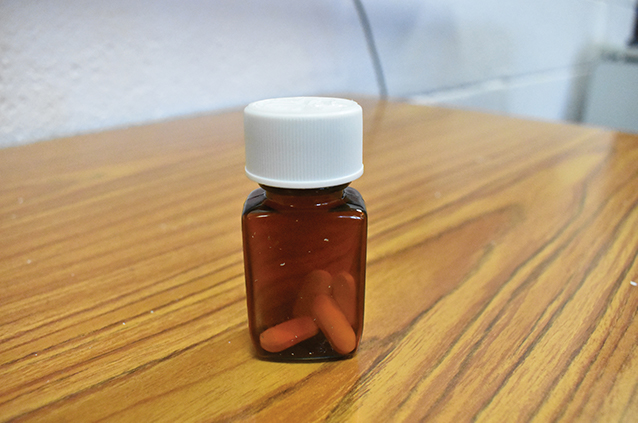
[dropcap]Antibiotic[/dropcap] resistance is becoming a serious threat to public health, according to the Irish Pharmacy Union (IPU).
The IPU said that there has been an increase in antibiotic-resistant infections due to an overuse and misuse of antibiotics.
Daragh Connolly, president of the IPU, said that antibiotic consumption in Ireland has increased. Irish people take seven per cent more antibiotics now than they did 15 years ago.
“If this problem isn’t tackled, the antibiotics used to treat infections today will become ineffective or may stop working altogether in the future,” he said.
In terms of overuse, the Centres for Disease Control and Prevention stated that between a third to a half of all antibiotic use in humans is unnecessary or inappropriate.
Antibiotics are often misused when they are given to treat a viral infection. According to the Mayo Clinic, antibiotics shouldn’t be taken for common viral infections such as colds, flus and most coughs.
The clinic also said that there are around two million infections from antibiotic-resistant bacteria in the US every year. 23,000 people die as result. Aside from death, antibiotic resistance can also lead to longer recovery times, more frequent or longer hospitalisations and more expensive treatments.
The IPU also emphasised the dangers resistance could pose for people suffering from chronic diseases. Many surgeries could be made impossible.
The HSE recommend listening to pharmacists to ensure antibiotics are taken properly. Some need to be taken on an empty stomach, while the opposite is true for others.
In addition, the HSE also stated that it’s important to finish the full course of antibiotics. If not, some bacteria may remain in the body, grow stronger and thus become antibiotic resistant.
Antibiotic stewardship, the appropriate use of antibiotics, is recommended by the Mayo Clinic.
Stewardship involves not pressuring doctors to give an antibiotic prescription. Instead, doctors should be asked on how to treat the symptoms.
The service also advises that good hygiene should be practised, children should be vaccinated and never take leftover antibiotics or antibiotics prescribed for another person. Additionally, reduce the risk of food-borne bacterial infections by not drinking raw milk and cooking foods at safe internal temperatures.
Connolly also pointed out that while antibiotics will not cure a flu, the virus could still be dangerous and patients should be proactive. At-risk patients (such as the elderly) are recommended to get the flu vaccine which is available in local pharmacies, including DCU’s pharmacy.
Brendan Fernando Kelly Palenque
Image Credit: Mikey Walsh



